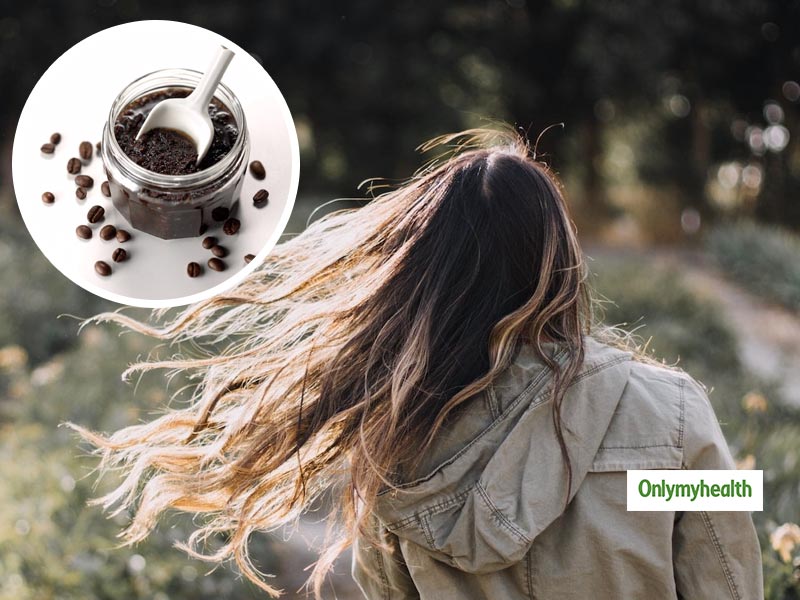
Caffeine is a naturally occurring chemical stimulant found in various beverages such as tea and coffee, as well as in fizzy and energy drinks. With its popularity and wide consumption, questions arise regarding its effects on hair health, particularly in women.
Table of Content:-
We spoke to our expert Dr Shweta Jaiswal, Senior Dietician - Sharda Hospital to shed some light on whether excessive coffee consumption leads to female hair loss. Here is what she shared with us.
Understanding Caffeine and Hair Health
Several studies have examined the relationship between caffeine and hair loss, and the findings are reassuring: caffeine does not contribute to hair loss or baldness. In fact, caffeine can actually promote hair growth by targeting dihydrotestosterone (DHT), a hormone responsible for hair loss. When DHT attaches to hair follicles, it hinders the absorption of essential nutrients like vitamins, proteins, and minerals necessary for healthy hair growth.
Positive Effects of Caffeine on Hair Growth
Caffeine has a positive effect on hair follicles by stimulating the production of adenosine triphosphate (ATP), the energy currency of our biological cells. Increased ATP production helps hair follicles remain in their active growth phase, resulting in continuous hair growth rather than shrinkage.

When we consume caffeine-containing products, the chemical can enter our system and reach hair follicles, promoting growth. However, hair products containing caffeine cannot penetrate the hair follicle and therefore cannot stimulate growth. Most of these products only provide the appearance of fuller and thicker hair.
Also Read: Icy Risks: 8 Reasons Why You Should Just Not Be Drinking Ice Cold Water in Summer
Topical vs. Oral Caffeine: Which is More Effective?
Research published in the International Journal of Dermatology suggests that topical application of caffeine is more effective for promoting hair growth than dietary intake. Topical application allows caffeine to directly reach the hair follicle, bypassing the gastrointestinal tract where its potency might be lost.

While topical caffeine application has shown promising results, the correlation between oral consumption of caffeine and hair health improvement lacks substantial empirical support. Most of the caffeine consumed orally is metabolised by the liver and has systemic effects that do not specifically target hair follicles.
Potential Risks of Excessive Caffeine Intake
Excessive caffeine intake, however, can potentially lead to hormonal imbalances and affect nutrient absorption, indirectly impacting hair health. For instance, high levels of caffeine can increase cortisol levels, which may contribute to hair shedding. Moreover, caffeine can interfere with the absorption of essential nutrients like iron and magnesium, crucial for healthy hair growth.
Also Read: Navigating Breakfast with Diabetes: Expert Shares Foods to Avoid and Healthy Alternatives
To maintain healthy hair, it's advisable to monitor caffeine intake and keep it within recommended limits — generally not exceeding 400 mg per day. While caffeine itself doesn't affect hair loss, excessive consumption, especially when coupled with high sugar intake, can lead to other causes of hair loss such as poor diet and stress.
Bottomline
There's no evidence to suggest that consuming coffee or other caffeinated drinks negatively affects hair growth in women. However, moderation is key, as excessive caffeine intake can indirectly impact hair health through hormonal imbalances and nutrient absorption issues. By being mindful of caffeine consumption and maintaining a balanced diet, you can support healthy hair growth and overall well-being.
Also watch this video
How we keep this article up to date:
We work with experts and keep a close eye on the latest in health and wellness. Whenever there is a new research or helpful information, we update our articles with accurate and useful advice.
Current Version